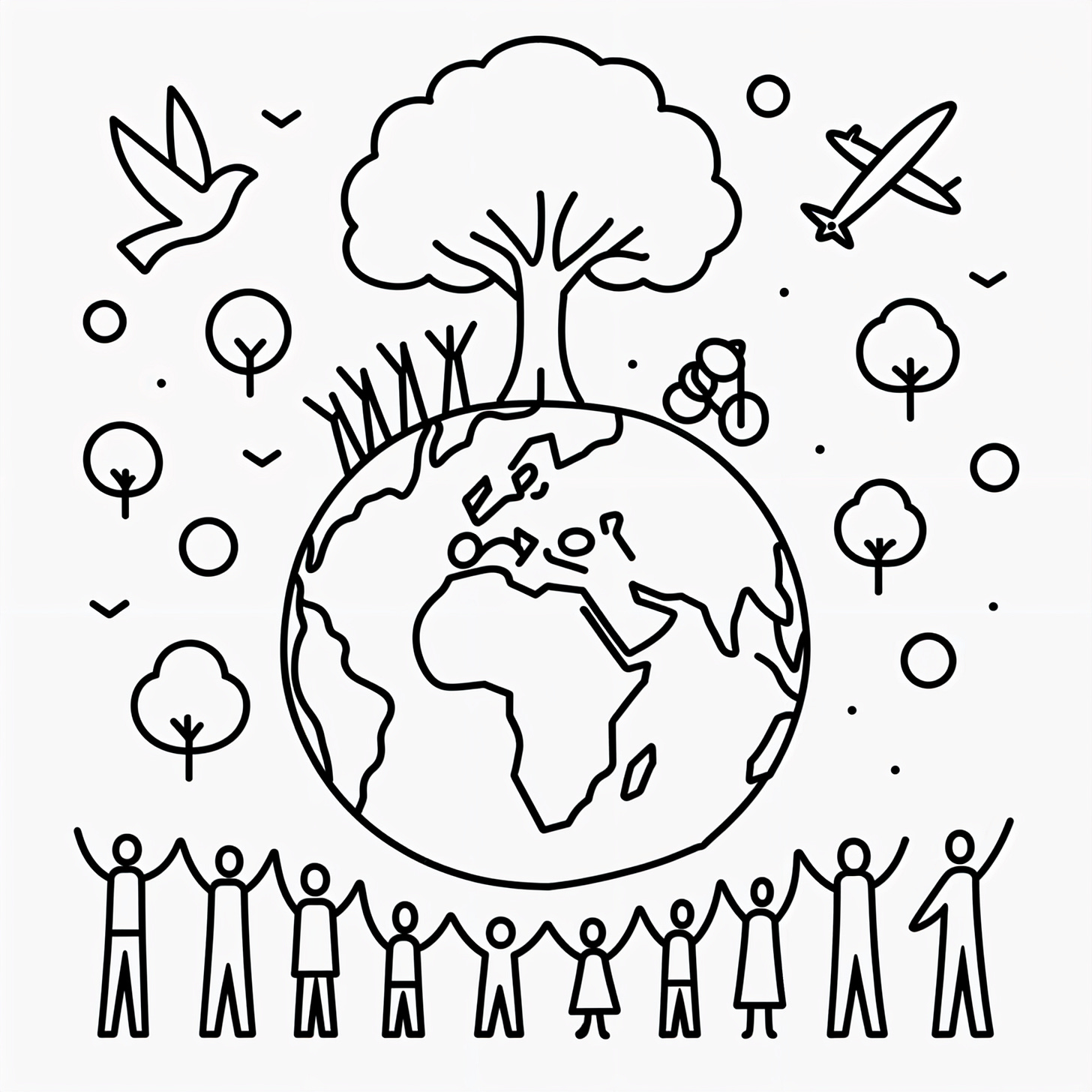1-21: Founding Families
Choosing to Replenish the Earth
I only recently turned a new leaf on the idea of having children. At 29 years old, my mindset about one day starting a family has shifted dramatically over the past year. For much of my adult life, I envisioned marrying an ambitious partner, focusing on our careers, traveling frequently, and channeling our resources into causes and organizations we deeply care about. Having children seemed like a chapter that I might skip, until shortly after having seen my brother and his wife begin to raise their two young daughters.
For a long time, my reluctance toward having children stemmed from my perception of the challenges faced by so many children around the world. There are millions of children who lack basic necessities like food, shelter, and a loving family. This made adoption feel like a practical, even noble, alternative, a way to satisfy the desire for parenthood while directly addressing a pressing need. However, as I’ve reflected on these beliefs, I’ve started to see parenthood in a new light: as an intricate balance of selflessness and personal legacy.
At first, I believed it was selfish to bring a child into the world when so many already need help. But this perspective, I’ve come to realize, oversimplifies the complexities of human connection and legacy. Family histories and traditions, passed down through generations, serve as anchors that help ground us in a rapidly changing world. It’s like a relay race, where each generation takes the baton and runs their leg of the journey, adding their unique contributions before passing it on. Without this continuity, the relay falters, and the richness of shared stories, values, and experiences could be lost.
Parenthood also demands incredible self-sacrifice, which is, paradoxically, one of its most self-rewarding aspects. Raising a child requires devoting time, energy, and resources to a life that is not your own. Yet, ask most parents, and they will tell you that the joys of raising children, from their laughter and milestones to even their challenges, far outweigh the sacrifices. Parenthood reshapes your perspective on life, offering moments of profound joy and growth that are difficult to replicate elsewhere.
Reflecting on global demographics has added another dimension to my thoughts. Countries facing population decline are grappling with social and economic challenges that ripple across generations. The choice to have children isn’t merely personal; it’s also deeply connected to the broader fabric of society. While this should not dictate anyone’s individual choices, it’s a reminder of the interconnectedness of personal decisions and societal outcomes.
Regardless of your age, you carry with you lessons and principles that hold immense value for the next generation. Knowing that your children inherit a piece of you, becoming an extension of your values and experiences, inspires a profound commitment to their well-being and success, no matter the cost. This connection to future generations reminds us that the legacy we build today shapes the foundation of their tomorrow.
My intent with this essay is not to prescribe a universal path or suggest that everyone must have children to lead a fulfilling life. Instead, this is an invitation to reconsider the nuanced intersection of personal legacy, societal impact, and the transformative power of parenthood. Choosing to raise a family is an act of faith in the future, in yourself, and in the belief that your selflessness can shape a better world.
If you, like me, have wrestled with questions about starting a family, I hope these reflections spark your own exploration on the topic. Whether you have already found joy in raising children, mentoring others, or building a community in another way, the essence lies in contributing to something that endures beyond yourself.


